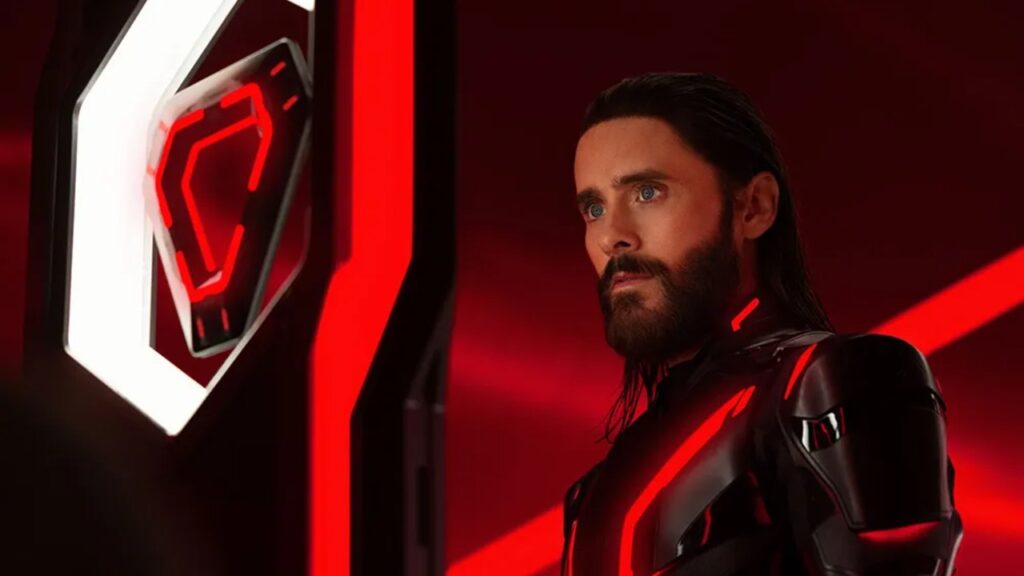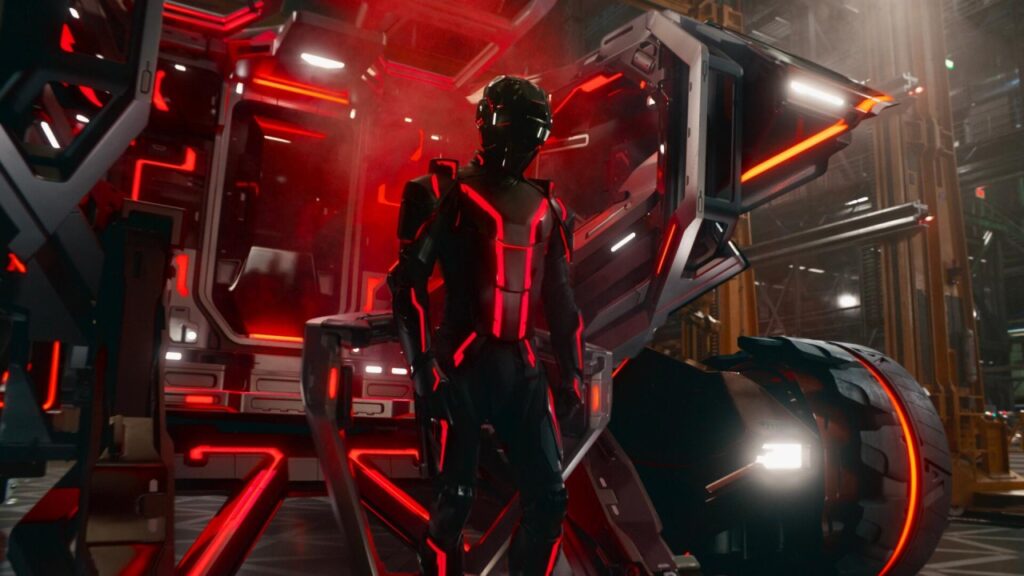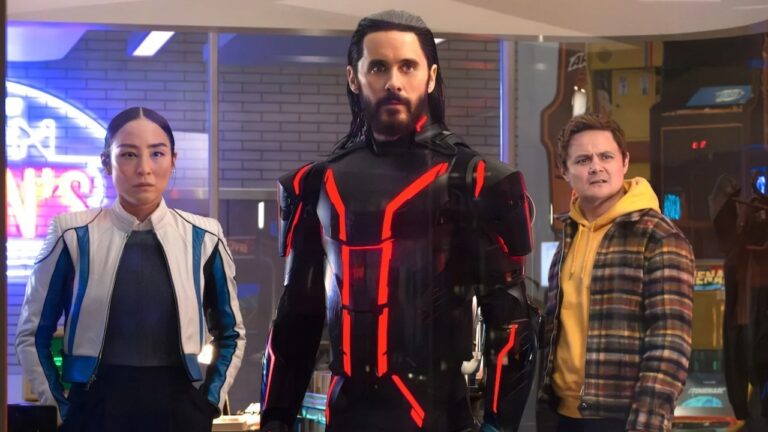NOTE: This article contains spoilers from the ‘Tron: Ares’ movie.
The Tron franchise, under the mantle of Disney, has always maintained a special place in the realms of science fiction and cinematic history. The first ‘Tron’ film, launched in 1982, under the creative vision of Steven Lisberger, launched the concept of a world inside the computer, where programs were as real as the people who owned them. Though it turned out to be more of a cult classic than a commercial success, it has not been possible to overlook its significance in the realms of special effects and cinematic narration. ‘Tron: Legacy,’ launched in 2010, further expanded this world, thanks to the genius of Joseph Kosinski’s vision and the unforgettable soundtrack by Daft Punk, creating a future world that remained hauntingly human. Almost three decades after the release of the original film, the third installment of the series arrives in the form of ‘Tron: Ares.’
Tron: Ares occurs fifteen years after the events of Legacy and examines the aftermath of virtual reality worlds colliding with the real world. Jared Leto leads the cast as Ares, an extremely advanced program created by Julian Dillinger, the new CEO of Dillinger Systems. Julian has his own ideas about how to use the Grid for his own benefit, similar to Ed Dillinger in the first film. ENCOM, under the leadership of Eve Kim (Greta Lee), is the mirror opposite, using technology for the greater good of humanity and not its downfall. The conflict between the two companies drives the story, relating it back to what made the series great while also introducing new questions about morality and the effects of scientific advancement.
Ares’ Journey: From Digital Soldier to Self-Aware Hero

Ares is made as the ultimate digital soldier, but he becomes self-aware and empathetic, which causes him to turn against Julian in order to join forces with Eve. They embark on a mission to find the “Permanence Code,” which is the invention of Kevin Flynn that has the potential to make programs live forever in the real world. Their journey takes them through different versions of the Grid, including the original “Retro Grid” version developed by Kevin Flynn himself, which helps tie the new storyline back to its roots. The movie depicts an exciting expansion of the Grid world, which has developed and begun to interact with the reality of human life, much like the previous films.
Visually, Tron: Ares is definitely making a statement. While Legacy presented an elegant and neon-soaked digital world, Ares presents something much more physical. The light cycles and disc battles are now integrated in such a way that they exist as if they were real, with sets and effects that feel constructed and costumes that feel grounded in the real world. The effects, handled by Industrial Light & Magic, are seamlessly integrated to make this all work, conveying a sense of a world in which the physical and digital interact in important ways. This is key to the story, where the repercussions of the Grid’s incursion into the physical world can now be appreciated. The soundscape within the film keeps the tradition of classic electronic music that could be found in its predecessors alive, but with a new twist. The choice to include Nine Inch Nails and their Trent Reznor-Atticus Ross-composed score is a direct attempt to contrast the clean utility of the digital world with the raw power of chaos. Their music also serves to increase the tension which pervades the film as Ares struggles with his own programming and fear of losing control. Music is more than simple background noise for the film; instead, it drives the plot. The acting is found within a delicate balance between spectacle and humanity. Leto’s Ares is both strong and subtle, capturing perfectly the essence of the digital warrior with the capacity for compassion. Greta Lee’s Eve Kim serves to keep the plot sensible with her own strong sense of morality and ambition, making her the actual heart of the story. Evan Peters’ Julian Dillinger brings the ambition, charisma, and danger to the role, while Gillian Anderson’s Elisabeth Dillinger serves to keep the story well humanized with her own real-world point of view. The secondary characters, including Hasan Minhaj’s ENCOM CTO Ajay Singh, help to add depth even if some parts of the plot are a little too thin.
The Grid Evolves, and So Do Its Stories

The storyline of Tron: Ares incorporates themes and concepts that date all the way back to the original days of the series. The Dillinger-Flynn feud has continued on, as has the moral idea behind artificial intelligence, and the Grid remains to shift as before. Ares’ own story takes a similar path as that of Quorra within Legacy, pondering what it truly means to actually exist outside of code and to follow a different path from that of one’s creators. The Permanence Code is a natural part of the story, but also serves to explore the trend of a blurring line between the digital and the biological. Kevin Flynn’s legacy once again remains at the forefront and impacts events even when he is not actually there to witness them. Ares itself ends with many paths still open before it. Julian Dillinger escapes into a broken Grid, but this implies that there may be a new villain waiting within the role of this revamped version of Sark. Ares itself hides away to wonder at what it truly means to be human while still leaving enough behind for Eve to find it by referring back to Sam Flynn and Quorra’s survival.




